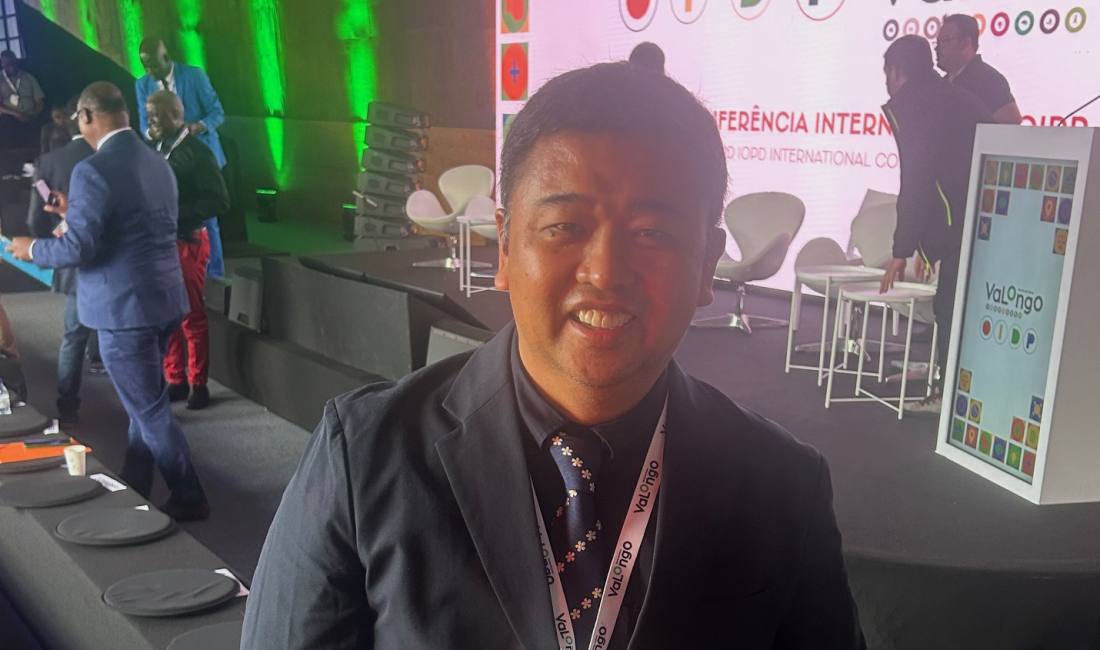The spirit of Dagyaw—and bringing community groups into government in Ormoc City
Nolito M. Quilang is majority floor leader of the council in Oromoc City (population 230,000), in the Philippines. He spoke with Democracy Local at the International Observatory for Participatory Democracy in Valongo, Portgual.
We are a city of 24 urban village and 61 rural villages. So, there are many organizations but spread out. And city government could feel distant. Prior to 2016, less than 15 civil society organizations were registered with the city, which perceived CSOs as beneficiaries rather than partners.
But in 2016 we had a change in political environment. And we included civil society groups as members of every policymaking body. Now there are 129 CSOs accredited by the city government.
And now we hold a Dagyaw, a town hall meeting. (The word means “togetherness” and is said to exemplify the Filipino value of Bayanihan, or civic spirit. In each Dagyaw, we gather with stakeholders to express concerns and discuss how to address a particular issue. In surveys, we saw people tell us that food security, health and improved transportation were the priorities.
So now people’s perspectives are in every policy. People in Ormoc City have now een involved in crafting local legislation to revise the child welfare code, and again when we created the animal welfare ordinance. And CSOs work with government offices in making sure the legislation is implemented when it’s passed. We implemented the Ormoc trading cost, to increase trade and commerce this way, with a hub for local products.
It’s a rule that 25 percent of the city development committee must come from the CSOs. We also have a PMC, a Project Co-monitoring Committee, that is composed of village chiefs and CSOs.
In the process of reforming the city dog pound, the city panel worked directly with the animals association, and they volunteered to manage the dog pound, to feed more than 200 state dogs and also facilitate the adoption of said dogs.
In 2023, with ordinance Nov. 115, we institutionalized the people’s participation, creating a system for partnership between city government and the people. This includes CSOs but also a People’s Council and a People’s Council Executive Board. There’s a CSO desk office to serve as secretariat to the People’s Council.
There are challenges. Sometimes the goals of the CSOs can be short-term. Sometimes, there is a lack of means for community leaders to attend meetings. And sometimes we see the old mindset come back in some city departments.
But there is great progress. The lesson is this: the sustainability of participation requires changes in the system, structure and processes of government. In the end, it has increased capacity for the city, and it has increased the skill of the people in government..



